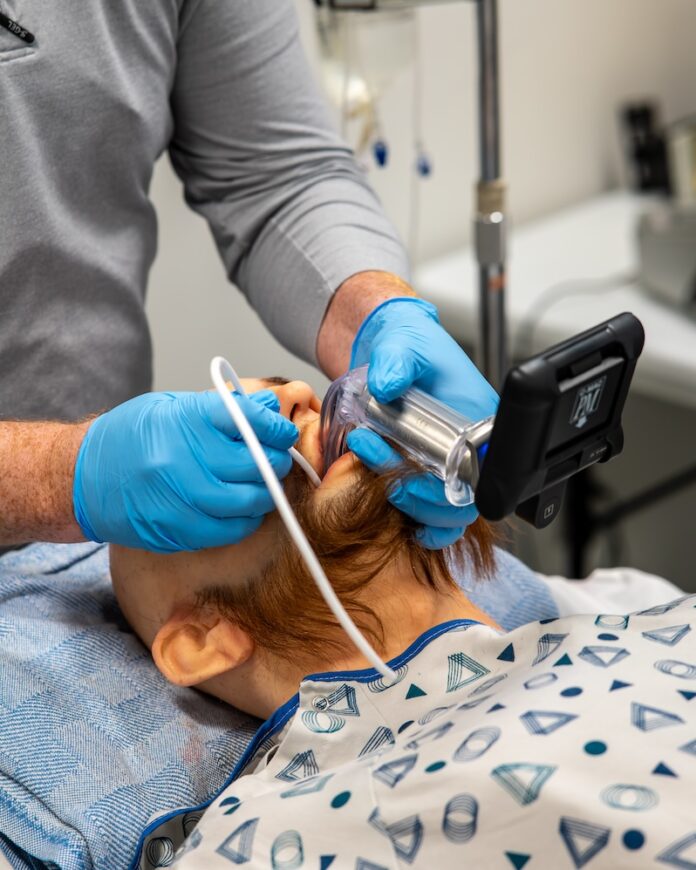In the world of Critical Care Paramedicine, there is always something new to learn – whether on the job or in a classroom. Ornge consistently supports Continuing Medical Education (CME) programs to ensure paramedics and clinicians can provide the highest quality of care to patients. For the past few years, Ornge has been developing and updating its approach to CME to continually meet the needs of both learners and the organization.
Traditionally, CME has required large groups of paramedics to gather once per year for four days of classroom learning. This past year, Ornge launched a revamped approach to CME, called Continuing Professional Development (CPD). In this updated program, Ornge paramedics and clinicians can connect with educators on a more decentralized level. It leverages the expertise from our frontline paramedics, physicians, and asynchronous learning.
“It allows paramedics who are working a shift who might have some down time between calls or are working on a slow day, to connect with educators who can run them through training,” says Brad Baumber – Manager of Paramedic Education and Development at Ornge, “it promotes the concept of micro learning instead of dumping all the information on them at once.”
All paramedics have the opportunity to enhance and develop specific skills, catered to the demographic they service. For example, paramedics at one base may experience more paediatric calls and staff may opt to improve skills in that area though CPD. This year, Ornge focused on educating about high-risk deliveries within the transport environment, but the program touches on many more areas of learning – everything from newborns to end of life care.

In the past few years, Ornge has invested heavily in training to create medium to high fidelity training spaces at every one of our bases. In its first full year of service, paramedics completed one day of simulation focused on adult patients, one day focused on paediatrics, at-base training, asynchronous learning, and a Transport Medicine Physician ride-along. Ornge continues to update the program’s curriculum based on analytics from learners within the program.
“At first, the CPD model for each calendar year was planned out, but this year we decided to organize only 65 to 75 per cent of the content and leave the rest open to be self-directed. If someone needs to brush up on a certain skill, they can self-identify and learn the skill individually,” Baumber explains.
Ornge carefully selected paramedics to be Clinical Practice Leads (CPL) for the program. CPLs work at all bases to deliver learning activities in settings such as classrooms, simulation, practice-based preceptorship, and peer-to-peer mentoring. They are relied on to be leaders, coaches, role models, and teachers and are entrusted with guiding learners through their continued education.
“Sometimes crews go out on challenging calls, and when they come back, they now have the opportunity to connect with CPLs to debrief and learn based on their experiences on call,” says Baumber.
The revamped program is exceptionally important to Ornge’s operations and to its patients. Ornge services all of Ontario’s many diverse communities, including those that are remote who rely on Ornge to provide them access to the highest quality of care. The CPD program prepares frontline staff to appropriately react to the various environments they might find themselves in – a skill crucial to upholding health equity on Ontario.
By Justyn Aleluia, Communications Intern at Ornge.


